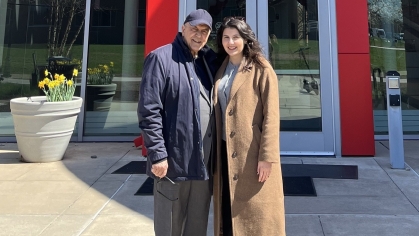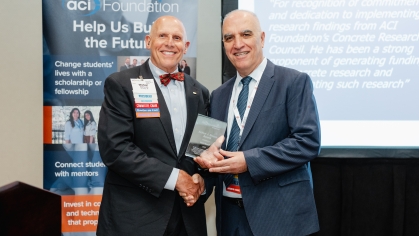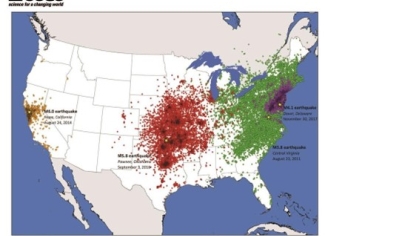Four Questions for Assistant Professor Yalin Li
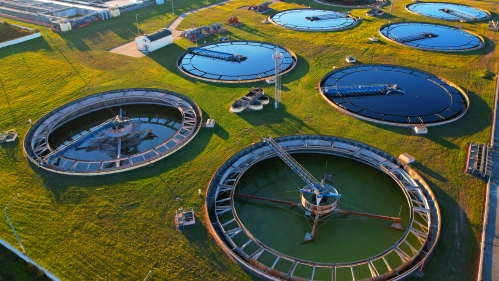
Yalin Li joined the Department of Civil and Environmental Engineering in September as an assistant professor, after serving as a postdoctoral research assistant and a research scientist at the University of Illinois, Urbana-Champaign. Li looks forward to collaborating with colleagues who share her research interests.
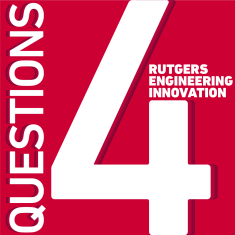
Four Questions for Assistant Professor Yalin Li
What is your current research focus?
My passion for research, which started with my curiosity to understand how the world works, led me to the engineering community. I’m not just satisfied with understanding how things work. I also want to use my knowledge to solve practical problems and see the impact of my contributions.
My current research uses a combination of experimental and modeling approaches. On the experimental side, I investigate thermochemical and catalytic technologies from wastes. In terms of modeling, I develop open-source platforms for sustainable design and decision-making. Both themes center around the goal of building sustainable and resilient water and energy infrastructures.
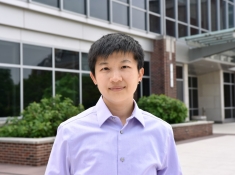
Who is most likely to benefit from your research?
The most direct impact of my research will be on public utilities. Sustainable management of waste, including wastewater, is becoming an increasingly important topic as our current approaches are energy/chemical intensive, costly, and have a large carbon footprint. But from another angle, waste represents an untapped resource to reduce our reliance on fossil fuel products. Through my research that develops and designs innovative systems for renewable products from waste, I hope to provide practical pathways to safely and sustainably management our waste.
Looking at the bigger picture, novel technologies are needed to enable our transition toward a circular economy, but navigating the expansive landscape of technology development pathways poses a critical challenge to rapid and transformative innovation. This is where my research on sustainable design and decision-making will be able to contribute. Through a transparent and consistent framework, I seek to identify the drivers of system sustainability – to help technology developers prioritize research, industries make target investments, and governments design informed policies.
Do you have a campus lab and what is its focus?
My lab in Richard Weeks Hall enables me to explore my research ideas. Currently, I’m most interested in developing hydrothermal technologies to recover energy and nutrients from waste. Hydrothermal technologies can convert a broad range of wet organic wastes into crude products that can be upgraded into fuels, valuable chemicals, and nutrient products. This flexibility also requires us to tailor this process to the feedstock, including the development of upgrading technologies. I use the lab to characterize feedstocks and products, investigate reaction mechanisms, explore different upgrading strategies, and test my hypotheses.
Are your students involved in your research?
I chose academia as my career path because it allows me to work with young , motivated talents with diverse backgrounds. From idea conceptualization to result synthesis, students make critical contributions throughout a research project.
I also like the many opportunities that Rutgers provides to involve undergraduate students in research. In the spring, I will have an LSAMP student who would contribute to the experimental theme of my research by characterizing the properties of potential waste feedstocks.
